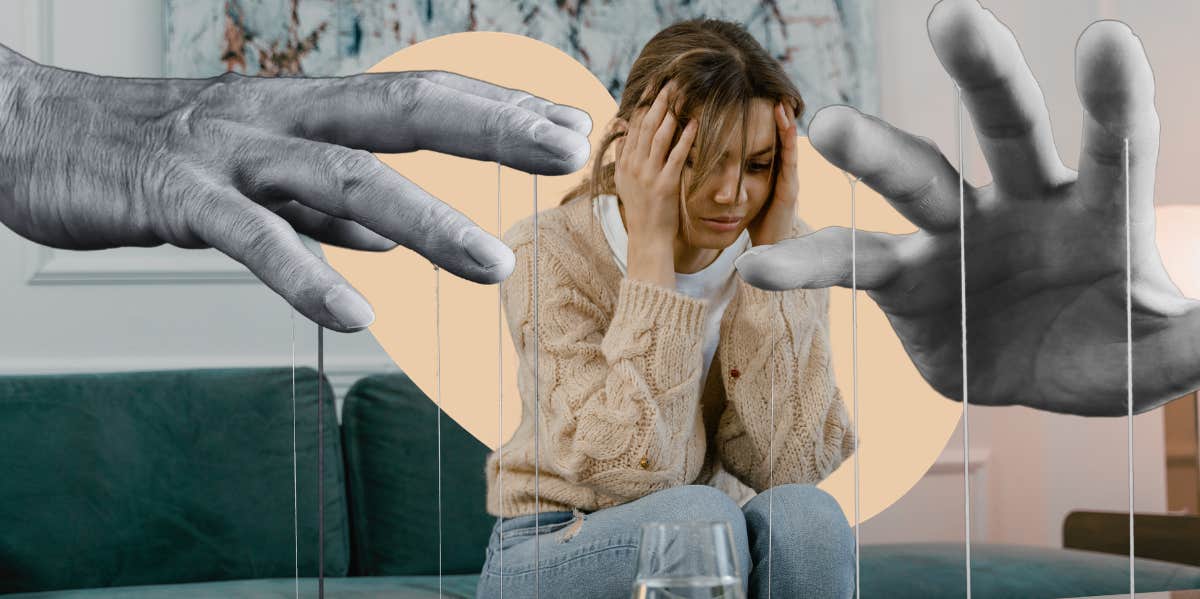The Less-Obvious Silent Killer Of Most Good Relationships
Here is how emotional abuse leaves invisible scars on victims.
 VALENTIN SUPRUNOVICH | Canva / MART PRODUCTION | Pexels
VALENTIN SUPRUNOVICH | Canva / MART PRODUCTION | Pexels Emotional abuse is as dangerous as physical abuse, and another reason for divorce. It is more difficult to prove, more difficult to talk with the kids as a reason for leaving, but no less destructive in the havoc it causes in the family. Emotional abuse is also much easier to deny and rationalize which is why many people stay in the relationship too long. The longer you are exposed to emotional abuse, the more harmful it becomes, and the deeper it affects your confidence as well as your self-esteem.
The worst part of emotional abuse is you cannot see it. It doesn’t leave physical bruises, cuts, or visits to the emergency room, but it is still just as real as physical abuse. It may present with a partner being rejecting, demanding, criticizing, refusing to listen, blaming, threatening, verbal insults, sarcasm, emotional outbursts as well as temper tantrums.
The abuser usually has control over it long enough that they won’t abuse their partner in public; they don’t want to be diminished in their social standing. Behind closed doors though, they may turn into a completely different person, oftentimes resembling a monster of sorts.
The victim can usually be noticed because they have so many symptoms of guilt, shame, depression, isolation from friends or family, nervousness, and may also resort to self-blaming frequently. If you see these behaviors in a family member or good friend, it may be helpful if you talk to them about what you are observing. Many times, emotionally abused people continue the cycle because they don’t trust others, and they feel so unworthy of having a friend who cares about them.
If you are in a relationship with someone who is an emotional abuser, you need to get out, not only for your own safety and sanity but for your children’s. You cannot fix your partner. Your partner is fixable only if they are able to accept that they have a problem. Below are suggestions that will help you make the first move in getting help.
Here is how emotional abuse can be the silent killer of good relationships:
1. You need to confide in one other person what is going on
This person should be someone you trust and someone who is willing to let you come to them prior to or when the abuse is happening.
2. A counselor will help empower you and can help you make a plan
To find a reputable counselor, talk to your primary care doctor. Most physicians have a list of therapists they work with, know of their work, and can help you.
3. Emotionally abusive people many times have no idea what they say in a fit of rage, so tape recording the abuse may be helpful for you, especially if you need legal help
I have also found that clients need to remember what their partner said to them so they can go through with making changes (denial and learned unworthiness keep the cycle going…you cannot deny hearing the words recorded).
4. Your safety is always a prime concern
Staying away from the emotional abuser and not going back into the situation is the best way to secure your and your child’s safety.
Many of my clients have told me they would have preferred being hit to the emotional abuse because if you were hit, everyone could see it. They have told me that the most difficult part of emotional abuse is telling yourself you don’t deserve to be treated this way. No one deserves to be treated with disdain or humiliated. When this treatment comes at the hands of someone who says they “love you,” it is, not only sick, it is emotionally devastating. You must get out; your staying will actually enable the abuser to get worse. Sometimes the most poignant way to show love is to leave.
If you think you may be experiencing depression or anxiety as a result of ongoing emotional abuse, you are not alone.
Domestic abuse can happen to anyone and is not a reflection of who you are or anything you've done wrong.
If you feel as though you may be in danger, there is support available 24/7/365 through the National Domestic Violence Hotline by calling 1-800-799-7233. If you’re unable to speak safely, text LOVEIS to 1-866-331-9474.
Mary Jo Rapini MEd, LPC is a psychotherapist, author, speaker, and intimacy counselor.

